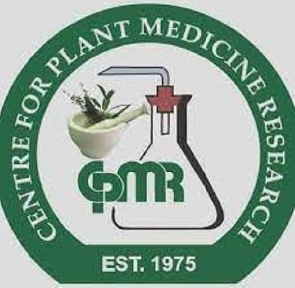One unpleasant occurrence in human life in recent years is the outbreak of the COVID-19.
As public information now, the first case of the disease was reported on December 31, 2019 in Wuhan in the Hubei province of China.
In no time human-to-human and patient-to-medical staff transmission of the virus causing it was confirmed in other countries.
Ghana confirmed its first two cases of COVID-19 on March 12, 2020 and as of May 25, just a period of two months and two weeks, the country had recorded over 7,000 cases with 34 deaths.
The situations in other countries was extremely serious as thousands of cases and thousands of deaths were being recorded on daily basis.
For instance, Italy recorded its first cases on February 24, 2020 and became the first European nation to be affected by COVID-19.
By end of July, barely five months, it had over 143,000 confirmed cases and over 18,000 deaths.
It is interesting how medical scientists did not waste any time in finding out what agent was causing the pandemic.
On January 9, 2020, just 10 days after the detection of the disease in Wuhan, the Chinese Centre for Disease Control and Prevention reported that a new coronavirus, severe acute respiratory syndrome coronavirus-2 (SARS-Cov-2), had been identified as the causative agent of coronavirus disease-2019 (COVID-19).
From that time, medical scientists vigorously started finding ways to contain the virus and, for that matter, the pandemic because in addition to the deaths and ailments it was causing with its ferocious spread, the pandemic was disrupting livelihoods and man’s sources of comforts.
Today, we can say the pandemic has been brought under control with hygiene measures, wearing of nose masks and immunisation, yet occasionally surges occur in certain places like China.
This situation has given scientists the impetus to continue with their search for the lasting solution to eradicate the SARS-Cov-2 and thus confirm the defeat of COVID-19.
It should gladden the hearts of Ghanaians that their country’s medical scientists are in the race of finding lasting cure for COVID-19.
The Centre for Plant Medicine Research (CPMR) at Mampong in the Eastern Region has announced that out of a total of 11 products it is researching into, one of them called “Immunim”, hitherto an immune booster, has proven to have at least 90- per cent efficacy against the SARS-COV-2 virus.
The Centre says even though the completion of pre-clinical and clinical trials is pending as it is supposed to be done within two months, the herbal product is tipped to be Ghana’s first herbal drug to treat COVID-19.
The Centre says out of 31 COVID-19-positive patients put on the herbal drug, 28 have tested negative after just two weeks of being on it.
We hail the CPMR because it is telling other home-based institutions working for the wellbeing and welfare of people that they too must seek ways to originate solutions to human problems.
They must not always wait for solutions from elsewhere.
We pray that the “Immunim” would be world-acclaimed and bring honour to the CPMR and the country at large while its sale would rake in foreign exchange for the country to reduce its financial burden.
Editorial News of Friday, 21 April 2023
Source: ghanaiantimes.com.gh

















